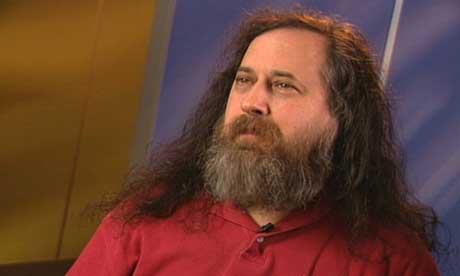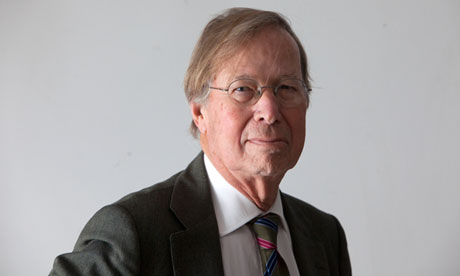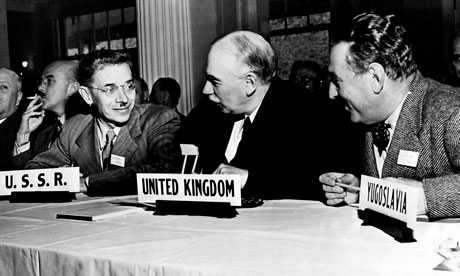Hassan Cheema in Cricinfo
The spot-fixing saga brought to an end a career that promised much - particularly in its infancy - but came to a cruel if fitting end. I am not talking about Sreesanth but about Danish Kaneria, the rejection of whose appeal could mean curtains for the man who was supposed to be Pakistan's next great spinner.
It's not that he didn't achieve much - after all,
he finished with more Test wickets than any spinner in Pakistan's history - but how he did it. Somehow, one gets the feeling, that even if his career had wound up in different circumstances, there would not have been much celebration and nostalgia.
His likely sporting end calls to mind not just his own achievements and failings, but that of his generation. Pakistan's love affair with inexperienced youth reached its zenith in 1992, when a team comprising the likes of Inzamam-ul-Haq, Aamer Sohail and Moin Khan (each of whom had played less than 15 ODIs before the tournament started) walked off the MCG as world champions. It reinforced the national team's belief in inducting players far before they were ready, almost to save them from the much-maligned domestic first-class scene.
But as one generation gave way to another, there was a belated realisation that this induction required a national team full of leaders. The '92 generation succeeded because they came in with Javed Miandad, Imran Khan, Saleem Malik and Wasim Akram to guide them. One could argue that even the most celebrated players among those who debuted in the mid-to-late-90s (Shahid Afridi, Abdul Razzaq, Shoaib Akhtar and Mohammad Yousuf) could all have been so much more than they ended up being, however many great moments they provided. But even they can't hold a candle to the lot that debuted at the turn of the century - with Kaneria being probably the most obvious example among them.
It all goes back to a fateful day in 2003, when failure in the World Cup meant that the newly appointed chief selector, Aamer Sohail, brought the axe down upon the leaders of that team. Some would return, others (like Wasim, Waqar Younis and Saeed Anwar) wouldn't. And thus progress in many a career was ceased.
Among the 1999-2003 generation was a supremely fit fast bowler with natural outswing, who could bowl yorkers at will. And yet Mohammad Sami would finish as one of the worst bowlers of all time (statistically, at least). Similarly, Shoaib Malik threatened to be a genuine batting allrounder in the middle of the last decade, but is now more famous for who he married than anything he did on the field. Even Kamran Akmal, now the butt of all jokes, was once a wicketkeeper-batsman who could save and win matches, and was called by Ian Chappell "the best wicketkeeper in the world" in a piece of commentary that haunts many a Pakistani to this day. But no one better illustrates the unfulfilled potential of his generation quite like Kaneria does.
I was reminded of something Ramon Calderon, the then-president of Real Madrid, said in a typical outburst. He called Jose Maria "Guti" Gutierrez "the most promising 30-year old in the world". Guti was a star and vice-captain of the team at the time, and was labelled by Calderon as "the eternal promise". With half his career over, he had still not reached maturity or consistency in his play.
Those words could very well be used for Kaneria. He came to prominence as one of the stars of the Pakistan Under-19 team that reached the semi-final of the 2000 World Cup. His debut came later the same year, and in it he outsmarted Marcus Trescothick and had him stumped with a googly that was never picked. It wasn't half-bad for a first international wicket.
Kaneria, quite clearly, had much tangible talent. Here was a guy who could spin the ball, had natural bounce, and all the variations that a Pakistani legspinner is supposed to have. But the "intangible talent", whatever is happening upstairs, never seemed apparent.
He, to cite the immortal words Shane Warne used to describe another spinner, ended up playing not 61 Tests but the same Test 61 times.
As his career progressed, Kaneria became synonymous with expensive wickets. He was judged on the work of his predecessors, and didn't come out well. Abdul Qadir, Tauseef Ahmed, Iqbal Qasim, Mushtaq Ahmed and Saqlain combined to pick up 49 five-fors, of which 11 cost more than a hundred runs each. For Kaneria, nine of his 15 five-fors cost triple figures; furthermore, three of the six five-fors where he conceded double figures were against Bangladesh, in 2001 and 2002. And so he became, not unjustly, defined as an expensive wicket-taker who succeeded against the weaker teams. In fact, if his record versus Bangladesh is excluded, his Test average balloons to 37 (the same as Ashley Giles and Paul Harris - neither of whom could be considered good enough for their country to discard the likes of Saqlain and Mushtaq for). This explains why he is the least loved of Pakistan's recent spinners despite being the most successful among them.
It could have been so different, though. Rewind back to 2005. Kaneria started the year with a typically expensive seven-for in Sydney, but gained strength from it, as he went on tour to India, and succeeded where many Pakistani legspinners had failed before. He took 19 wickets (Sami was second-highest with ten) as Pakistan managed to draw the away series. Later in the year, Kaneria was the Robin to Shoaib Akhtar's Batman as Pakistan pulled down the most celebrated English team for two decades.
It should have been the year Kaneria went from a promise to something bigger and better; instead, the following summer he reverted to type. On the England tour that became the beginning of the end for Inzamam and Bob Woolmer's team (and also the tour that started Kamran Akmal's irreversible decline), Kaneria was expected to be the leader of the attack in the absence of Shoaib Akhtar and Mohammad Asif; instead he went for over 50 runs a wicket and got back on track in an underwhelming career. Of course, mere numbers do not always signify the quality of a performance. From that England tour onwards, the inability of Kaneria to become the bowler he was meant to be had much to do with the support he was granted.
With Akmal being as comfortable with gloves as OJ Simpson, Kaneria missed out on 14 wickets just due to his keeper's spills. Regardless of how those wickets would have changed the context of those matches, or Kaneria's confidence, the stats reveal how his career was affected: over those 21 Tests he took 92 wickets at 38.2; if those 14 catches had been taken he would have averaged 33.1 (assuming he had conceded the same number of runs), an eminently respectable number for a modern spinner. While Kaneria has to take the blame for his lack of evolution, one has to concede that Kamran Akmal contributed. That man has a lot to answer for.
Pakistan has mastered the art of wasting raw, supremely talented kids. Throwing them into the national team when they don't understand themselves or their skill set has contributed to this. Kaneria and his ilk led Pakistan to where they are today. In trying to minimise the amount of wasted talent, Pakistan over-corrected and Team Misbah was born. Now Pakistan can go into a Test match with their youngest player being 27-year-old Asad Shafiq and no one bats an eyelid. It would seem that after decades of teaching kids how to swim by throwing them into the deep end, Pakistan may have learned their lesson. Maybe, just maybe, some good has come out of Kaneria and Sami's careers.







